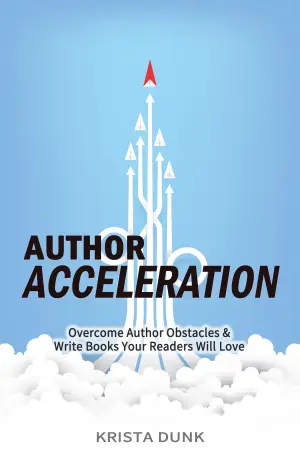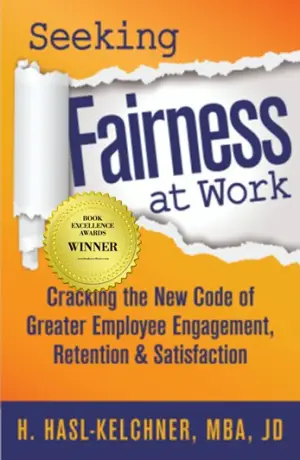Finding Light in the Shadows: A Reflection on Brother Brontë by Fernando A. Flores
When I first stumbled upon Brother Brontë, an alluring blend of dystopian grit and profound humanity, I knew I had found something special. Fernando A. Flores has captivated my imagination with his previous works, but this latest endeavor feels like a heartbeat in the desolate landscape of Three Rivers, Texas—a world drenched in volcanic ash and authoritarian rule. As I settled into this eerie yet strangely familiar setting, I felt a connection to the flickering hope and tenacious spirit of its characters, a resonance that lingered long after I turned the last page.
The novel centers around Neftalí Barrientos, one of the few remaining literate citizens in a society where literature is illegal. Alongside her loyal friend Proserpina Khalifa, Neftalí deftly navigates a life filled with danger and defiance. As they resist the oppressive regime led by Mayor Pablo Henry Crick, armed not just with weapons but also insidious technologies designed to erase the written word, their friendship shines as a beacon of resistance. This theme of solidarity is beautifully embodied in moments like when Proserpina secretly reproduces banned texts, illustrating the lengths to which these women will go for the preservation of their culture and voice.
Flores artfully interweaves three narrative strands: the daily battles of Neftalí and Proserpina, the mounting courage of the resistance, and the brooding mystery behind the fictional author Jazzmin Monelle Rivas, whose book Brother Brontë is at the heart of the struggle. Rivas’s tale of twin sisters grappling with their own literary legacy within a boarding school underscores a central insight: the stories that are denied to us shape our identities and realities.
One of my favorite aspects of Brother Brontë is Flores’s writing style, which sparkles with electric prose that dances between gritty realism and surreal imagination. The opening line—“Rain fell hard like slabs of ham”—immediately pulls you into the bleakness of Three Rivers, yet mingles it with an absurdity that is striking. His language shifts seamlessly between English and Spanish, enriching the text with a vibrant authenticity that reflects the intricate tapestry of life in border towns. In this way, Flores transcends typical dystopian conventions, capturing not just the physical struggles but the visceral emotional realities of his characters.
Though the novel occasionally meanders—fluctuating between tangential character histories that might disrupt the narrative momentum—these moments often provide a deeper richness to the world Flores has created. At times, the multiple timelines can be disorienting, but they mirror the chaotic fight for survival that the characters endure. While some might crave immediate resolution, I found the unresolved threads to be a fitting homage to the complexities of activism in uncertain times.
Brother Brontë is more than a story of survival; it’s an ode to the resilience of women’s voices and the tangible power of art as a form of resistance. It calls to mind the real women writers whose works have faced erasure, and in doing so, it joins a broader conversation about authorship and the vital role of storytelling in our shared humanity.
I wholeheartedly recommend Brother Brontë to anyone who finds solace in stories of resilience and community. If you’re curious about the intersections of literature and resistance, or if you simply seek a reading experience that challenges and inspires, this novel may just become a favorite. In a time when our own voices often feel stifled, Flores’s work reminds us that stories can illuminate the dark—and perhaps even lead us to a better tomorrow.






